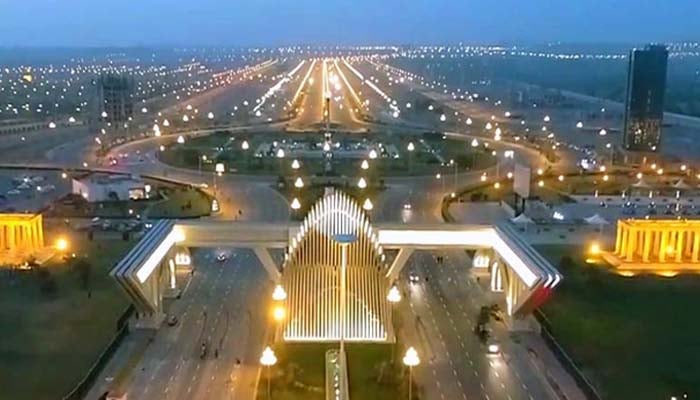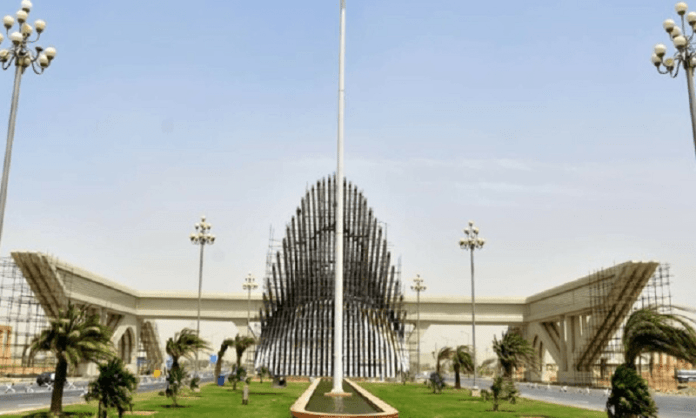Bahria Town Private Limited was fined one million rupees by the Supreme Court of Islamabad for causing needless delays. The company has been directed to donate the money to the Sindh Institute of Urology and Transplantation (SIUT), a hospital with a reputation for offering free medical care.
Bahria Town also has to reimburse the Sindh government for the costs associated with a land survey that the Survey of Pakistan (SoP) conducted in order to assess the developer’s land.
The Supreme Court made this ruling clear in a 13-page order that was published on Monday. A three-judge panel that includes Justice Aminuddin Khan, Justice Athar Minallah, and Chief Justice of Pakistan Qazi Faez Isa rendered the ruling.

The panel was considering a case filed by Bahria Town, represented by Salman Aslam Butt, over a difference in the property that the realtor had obtained in the Malir area of Sindh in accordance with a ruling from the Supreme Court of 2019.
As part of their agreement to pay Rs. 460 billion over seven years, Bahria Town’s legal representative contended that the firm had not obtained the entire area of land it was promised, resulting in a suspension in installment payments. The land survey, which was carried out scientifically utilising Global Navigation Satellite System Receivers, indicated that Bahria Town possessed more land than was stated, according to the court’s decision. According to the study, 3,035.63 acres of the 19,931.63 acres that Bahria Town possessed were in unapproved ownership.
The court determined that Bahria Town’s allegations of a land shortage were baseless and were a ruse to evade making the agreed-upon monthly payments. The court further pointed out that, mark-up excluded, Bahria Town had only paid out Rs. 24 billion of the Rs. 166.25 billion that was owed.
The Supreme Court was involved in cases involving funds that the UK’s National Crime Agency had discovered were probably the proceeds of criminal activity. The order also addressed the problem of remittances from overseas into accounts held by the National Bank of Pakistan in the name of the Supreme Court registrar.
The court determined that Bahria Town was in default because it had not complied with its financial responsibilities under the consent decree. The account kept in the Supreme Court registrar’s name is anticipated to be closed by the National Bank of Pakistan upon settlement of outstanding balances.






